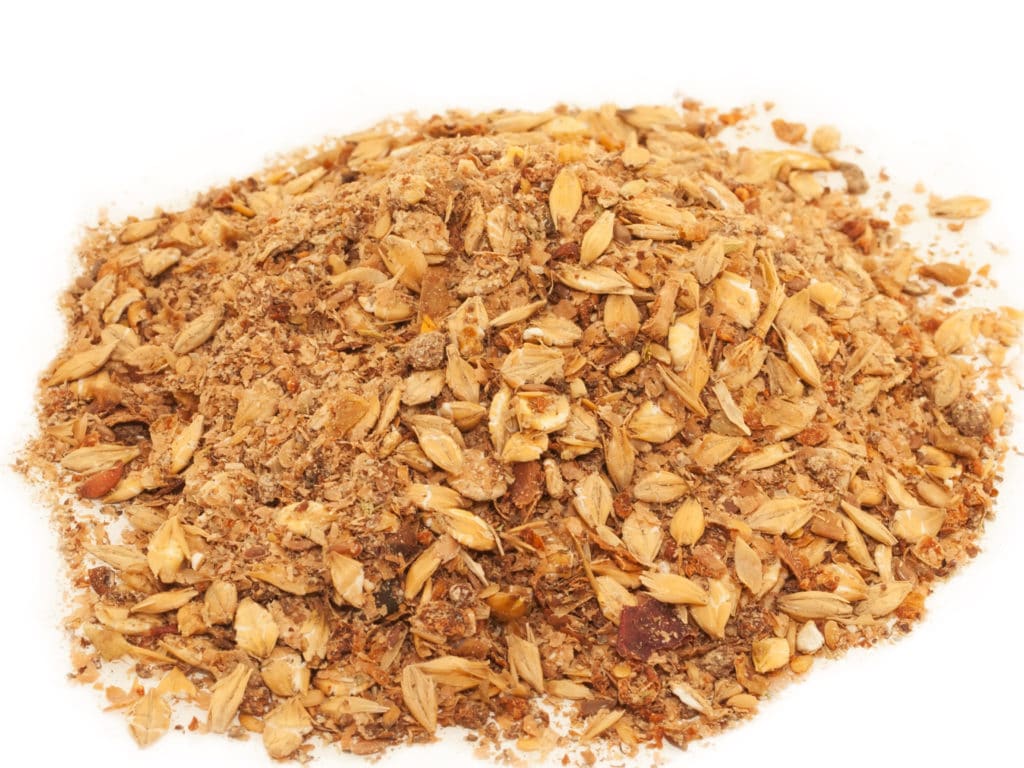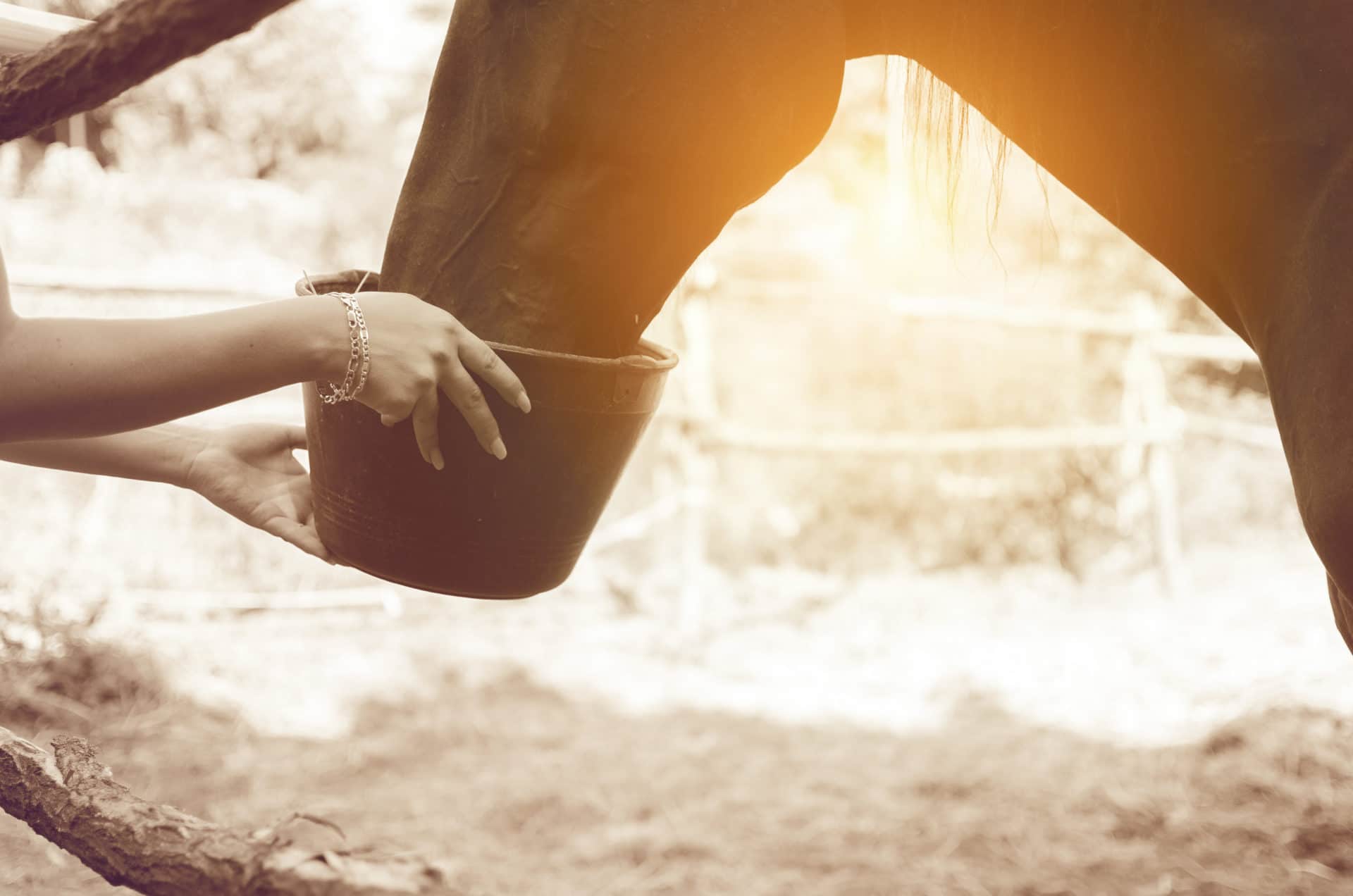Horse nutrition can be very complex depending on the needs of each animal. Among all the feeds used for the management of horses, mash remains a somewhat atypical feed of English origin, with multiple advantages. Distributed to horses for hundreds of years, mash is a balanced feed based on cereals (oats, barley, corn…) cooked for several hours in large volumes of water. It is suitable for many horses (breeding horses, growing horses, sport horses, old horses…) and is always very appreciated!
What are the advantages of mash?
Mash has many nutritional qualities necessary for the proper development of horses:
- Its hydrating power: Mash is particularly interesting for the hydration of horses because it is composed of cereal flakes that gorge themselves with water when cooked. In hot weather, the water-rich ration can compensate for the horse’s water losses during work. In the same way, in winter, a horse can tend to hydrate less well, so mash is a good way to compensate for this water deficit.
- Its detoxifying powers: Mash is also a food that helps horses’ digestion and contributes to their good intestinal transit thanks to its wheat bran and flax seed content. Its “laxative” power allows the horse’s body to detoxify.
- Its energetic powers: Its important starch content (cooked therefore more digestible) allows the horse to reconstitute its energy reserves after an intense effort or it has drawn from its reserves. It is therefore recommended for horses subjected to intense and repeated effort (long rides, competitions, endurance, races …).
- Its palatability: mash is a very palatable food for horses, it can be recommended two to three times a week for horses difficult to feed. It is also a good way to please your horse with a meal that is out of the ordinary!
Royal Horse has also developed feeds for horses to facilitate recovery and rehydration after exercise. The S and H ranges include all the nutrients for horses necessary for their good health.
What is the ideal composition of a mash for horses?

There are several recipes for mash. You can make it yourself or buy it in stores. If you feel like it, you can prepare your mash by incorporating barley, bran, crushed oats, flaxseed, beet pulp granules, molasses, coarse salt and add some fruits and vegetables (apples, carrots…). According to the tradition of this ancestral recipe, it is important to cook the cereals well for several hours (at least 3 hours). Recipes can vary, so don’t hesitate to ask around to find the recipe that will please your horse the most and that will be adapted to his needs.
If you don’t have the time (or inclination) to prepare it yourself, you can find many ready-made mashes, where you just need to add hot water to rehydrate the food.



